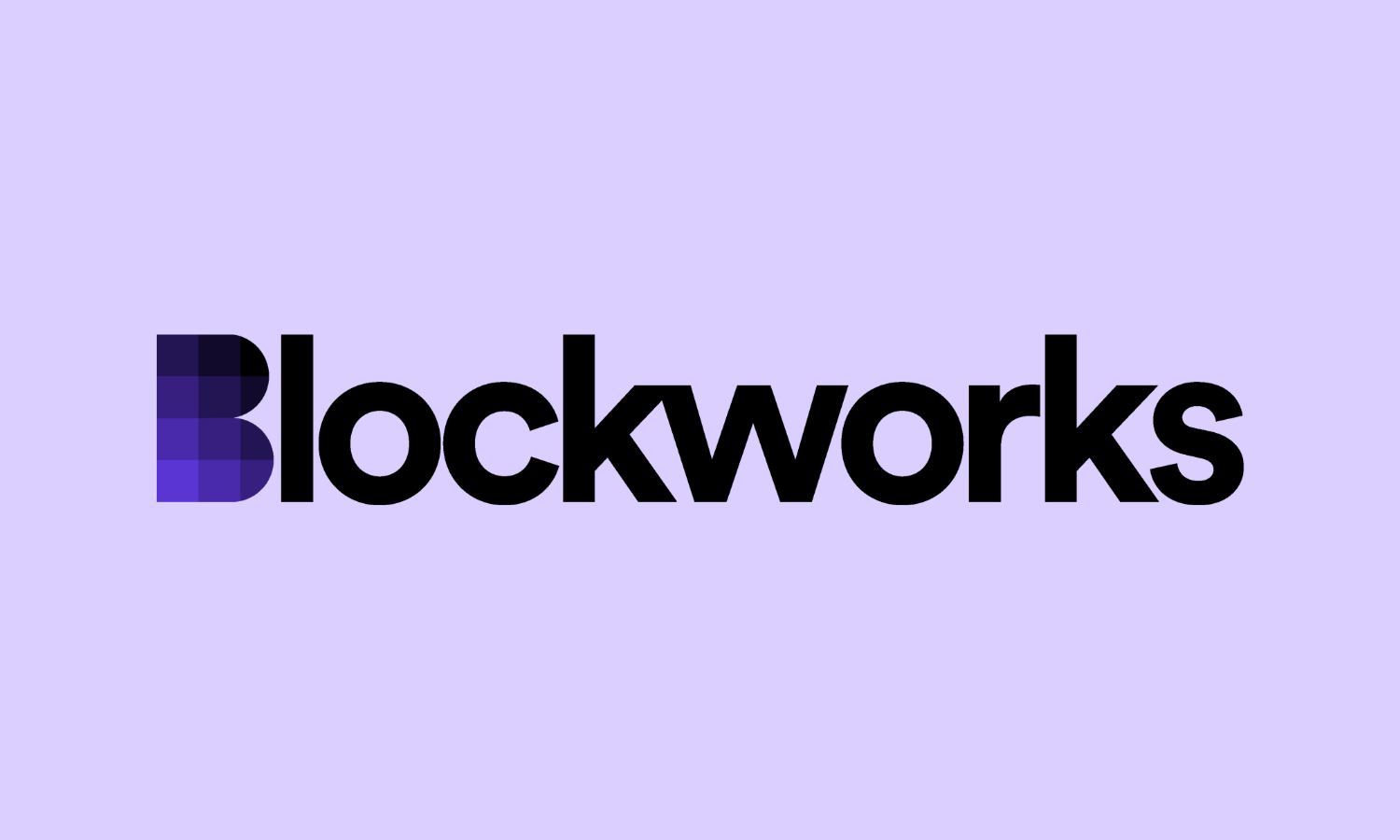SOL, ADA listed in Crypto.com Wells notice

Today, enjoy the Forward Guidance newsletter on Blockworks.co. Tomorrow, get the news delivered directly to your inbox. Subscribe to the Forward Guidance newsletter.In an exciting start to the SEC’s 2024-2025 fiscal year, Singapore-based Crypto.com has been served a Wells notice, and, in response, filed a suit against the securities regulator. In its complaint, the exchange says the SEC is “unlawfully expanding its jurisdiction to cover secondary-market sales” of certain cryptocurrencies. These certain tokens are, according to Crypto.com: SOL, ADA, BNB, FIL, FLOW, ICP, ATOM, ALGO, NEAR and DASH. There are some familiar names here. In its lawsuit against Coinbase, the SEC also named SOL, ADA, FLOW, NEAR, DASH and ICP as securities. When the agency sued Binance, SOL, ADA, FIL, ATOM and ALGO made the SEC’s list. So there’s clearly a trend. Wells notices, which precede formal enforcement actions, have been a dime a dozen lately. Consensys sued the agency in June after receiving a Wells. Uniswap got its notice in May. OpenSea was served in August. You get the picture. These “counter-suits,” if you will — when a company preemptively takes a legal action before the SEC does the same — don’t tend to go very well for the filer. Consensys’s suit against the SEC was dismissed last month, although the ruling was fairly procedural (the SEC stopped its investigation into Ethereum, so the court said Consensys’s complaint was now moot). We’ll be watching how the Crypto.com suit plays out. The SEC has declined to comment, on both this matter and the Wells notice, but we will be keeping an eye out for an enforcement action as well. — Casey WagnerNewsletterSubscribe to Forward Guidance NewsletterThis is the 10-year average for bitcoin’s fourth quarter returns, as noted by Galaxy Research in a new report. Bitcoin gained 3% in the third quarter of this year after losing almost 13% during the second quarter. If history repeats itself, these final months of the year could be lucrative. But as always, this is not investment advice.Those infamous three letters have hit the news cycle again, and the timing could prove impactful. Then again, maybe not. You know the FTX story by now. Its founder is in jail because of it. But there was a bit of closure yesterday when a bankruptcy judge greenlit a plan to pay back investors. The plan, as laid out in previous filings, called for 98% of non-government creditors to get “at least” 118% of the value in their accounts (at the time of the exchange’s implosion in November 2022) within two months of the plan’s approval.It will be paid in cash, meaning investors are not getting back any tokens they held on FTX. That isn’t exactly ideal for them, given most assets have increased substantially. Bitcoin’s price back then was about one-quarter of what it is today. Still, a portion of this story is being put to rest. Where are we still needing closure? Crypto regulation in the US (and other jurisdictions).And oh, by the way, the US presidential election is 28 days away. Mark Cuban, who has thrown vocal support behind VP Kamala Harris, recently reiterated what plenty have said over the last two years: The FTX pain could have been avoided. And he apparently told one of Harris’s advisors as much over lunch. The billionaire criticized the SEC’s regulation-by-litigation approach and lack of clear guidelines (instead lauding efforts by Japan, for example). He put at least some of the blame on SEC Chair Gary Gensler — a man that Donald Trump in July said he would fire, if elected.An SEC spokesperson did not immediately return a request for comment. While Trump has been vocal about being a pro-crypto president, Harris now too has made it known she wants to support the industry. Specifics have been elusive. We know politicians read the news, and maybe some even scroll through Crypto Twitter (or X, whatever). The FTX repayment plan making headlines again so close to Nov. 5 might help highlight the need for comprehensive regulation strides. Alex Saleh, head of partnerships at Coincover, said in a Tuesday email that more jurisdictions need to begin “moving the dial” on regulatory frameworks. “It’s clear that regulation will play a central role in preventing future crises like FTX,” Saleh added. “The EU’s MiCA legislation, for example, introduces specific rules around fraud protection and capital reserve requirements which will help foster a safer and more secure ecosystem.” — Ben StrackStart your day with top crypto insights from David Canellis and Katherine Ross. Subscribe to the Empire newsletter.Explore the growing intersection between crypto, macroeconomics, policy and finance with Ben Strack, Casey Wagner and Felix Jauvin. Subscribe to the Forward Guidance newsletter.Get alpha directly in your inbox with the 0xResearch newsletter — market highlights, charts, degen trade ideas, governance updates, and more.

Published on Other News Site


















